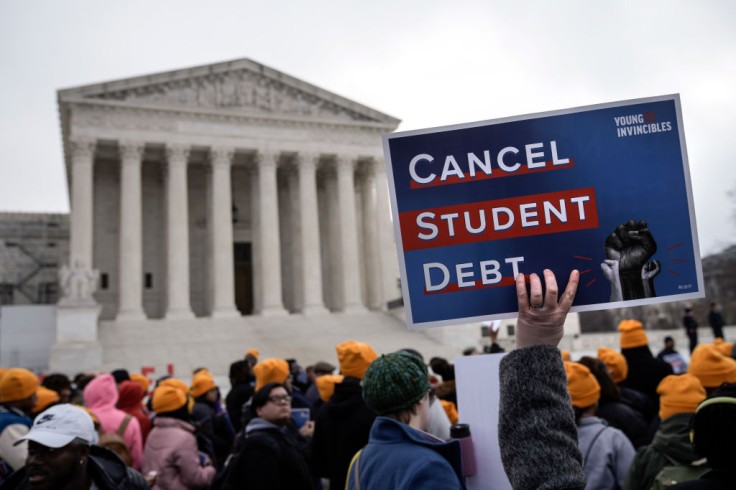
The skyrocketing inflation and high costs of going to college threaten to discourage students in America from pursuing their higher education.
The cost of a college education has been a public concern for many years.
Over the past four decades, tuition prices at four-year public and private institutions have almost tripled, even after adjusting for inflation.
How inflation affects students pursuing higher education
According to Brookings, the inflation rates for the academic years 2020-2021 and 2021-2022 were 5.3 percent and 8.5 percent, respectively.
Despite this, many institutions adopted moderate price increases, some even freezing tuition altogether.
The lingering effects of COVID-19 recovery and public pressure regarding the skyrocketing cost of college influenced this decision.
Surprisingly, after accounting for inflation, college costs have dropped in the last three years.
The average net price at public and private four-year institutions has also fallen by approximately 10 percent. This news is a relief for both students with higher and lower incomes.
However, this downward trend may not continue. Many institutions struggle to make ends meet as their revenue has not kept up with inflation.
Federal COVID-19 stimulus funding, which helped bridge the gap for students and states, is no longer available. Institutions are once again finding themselves in a difficult financial situation, and tuition fees may rise as a result.
Inflation has significantly impacted the cost of higher education in recent years. While prices have fallen in some areas, institutions face financial challenges that may lead to higher tuition.
How students are affected by inflation
Inflation is a phenomenon where the general price level in an economy increases over time. This means that the value of money is declining, and it becomes more expensive to purchase goods and services.
As per EDUFUND, the impact of inflation on students pursuing education is significant. Inflation is one of the critical factors leading to price hikes in the education sector.
Although education is considered a fundamental right for every child, in reality, not all families can afford it.
Currently, the inflation rate for education is between 10 percent and 12 percent, making it difficult for parents to meet the growing fee structure and associated educational costs.
This above-normal rate of education inflation makes it difficult for parents to afford primary, secondary, and higher education for their children.
The rising cost of tuition, housing, transportation, textbooks, and food means that students are forced to pay more for the same education, reducing the value of their dollar.
According to OnlineU, inflation can also impact student borrowing in two ways. First, for those who need to take out loans to cover their education expenses, the knock-on effect of Federal Reserve rate hikes is that interest rates for all kinds of loans also rise.
This means that students will have to pay more in interest charges, adding to the already high cost of their education.
Second, for those who have completed their education and need to pay student loan debt, inflation reduces the value of their dollar.
This means they will have to pay more in real terms to service their debt, reducing their ability to save for the future.
As the rate of inflation continues to rise into the unforeseeable future, policymakers must take steps to ensure that education remains affordable for everyone, regardless of their financial background.